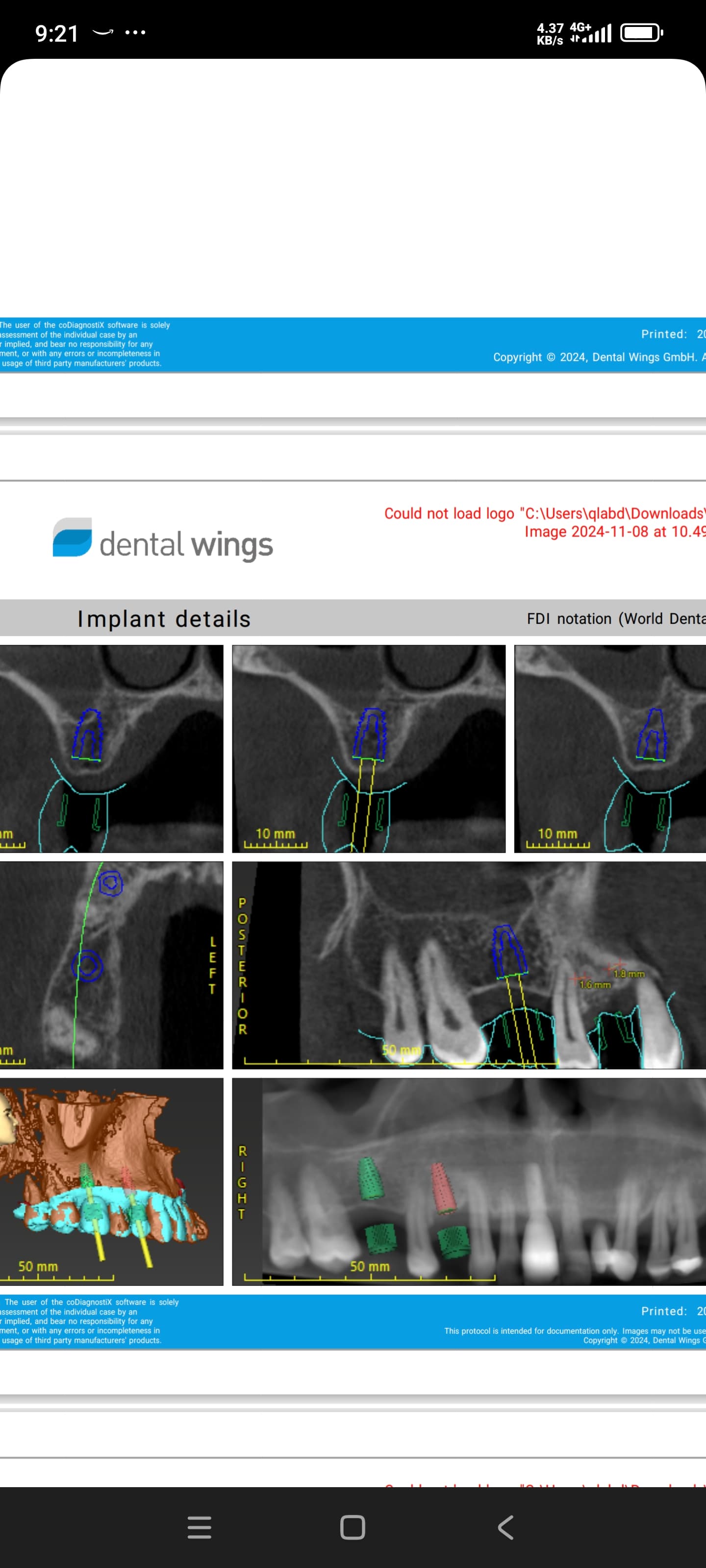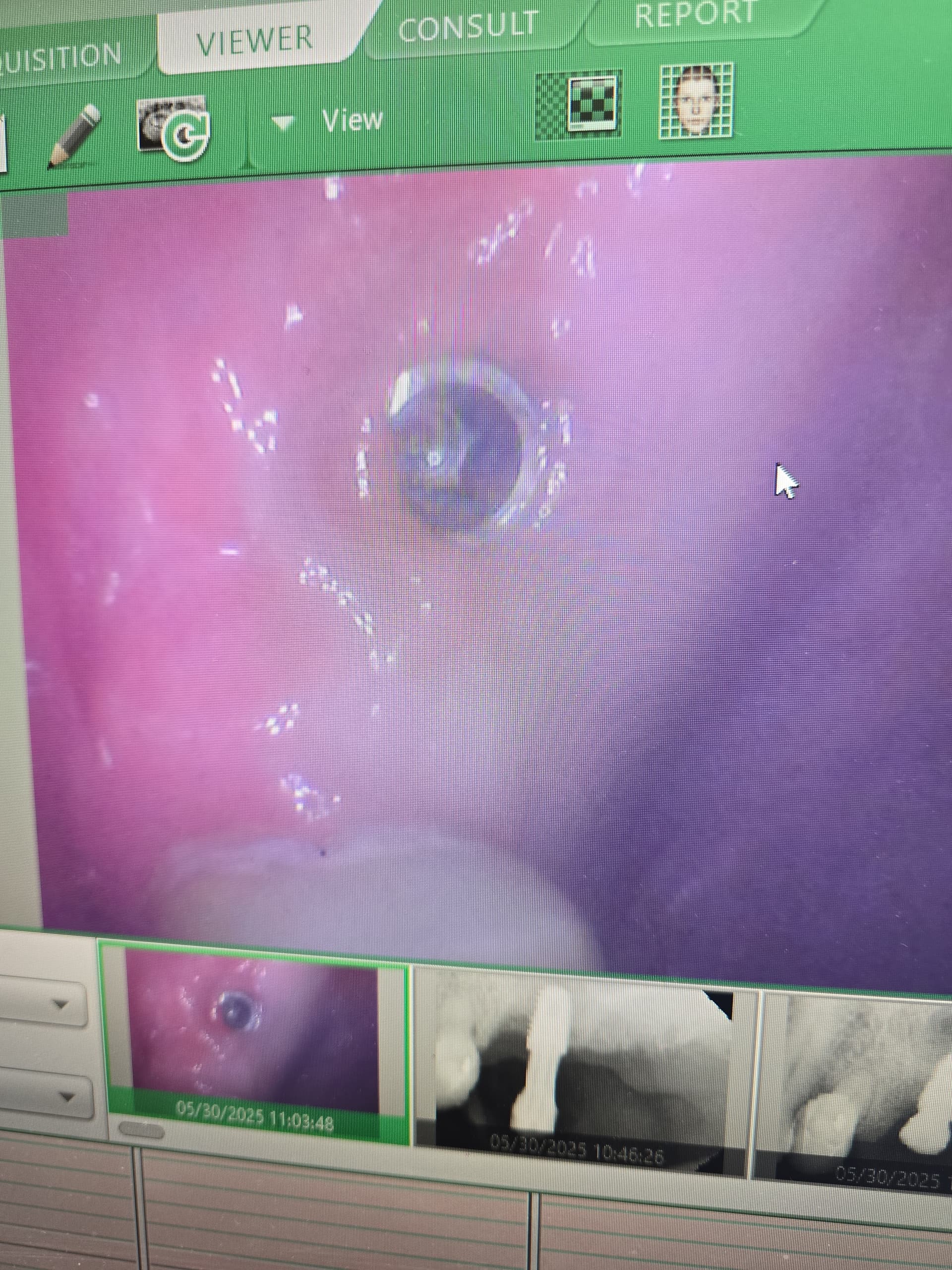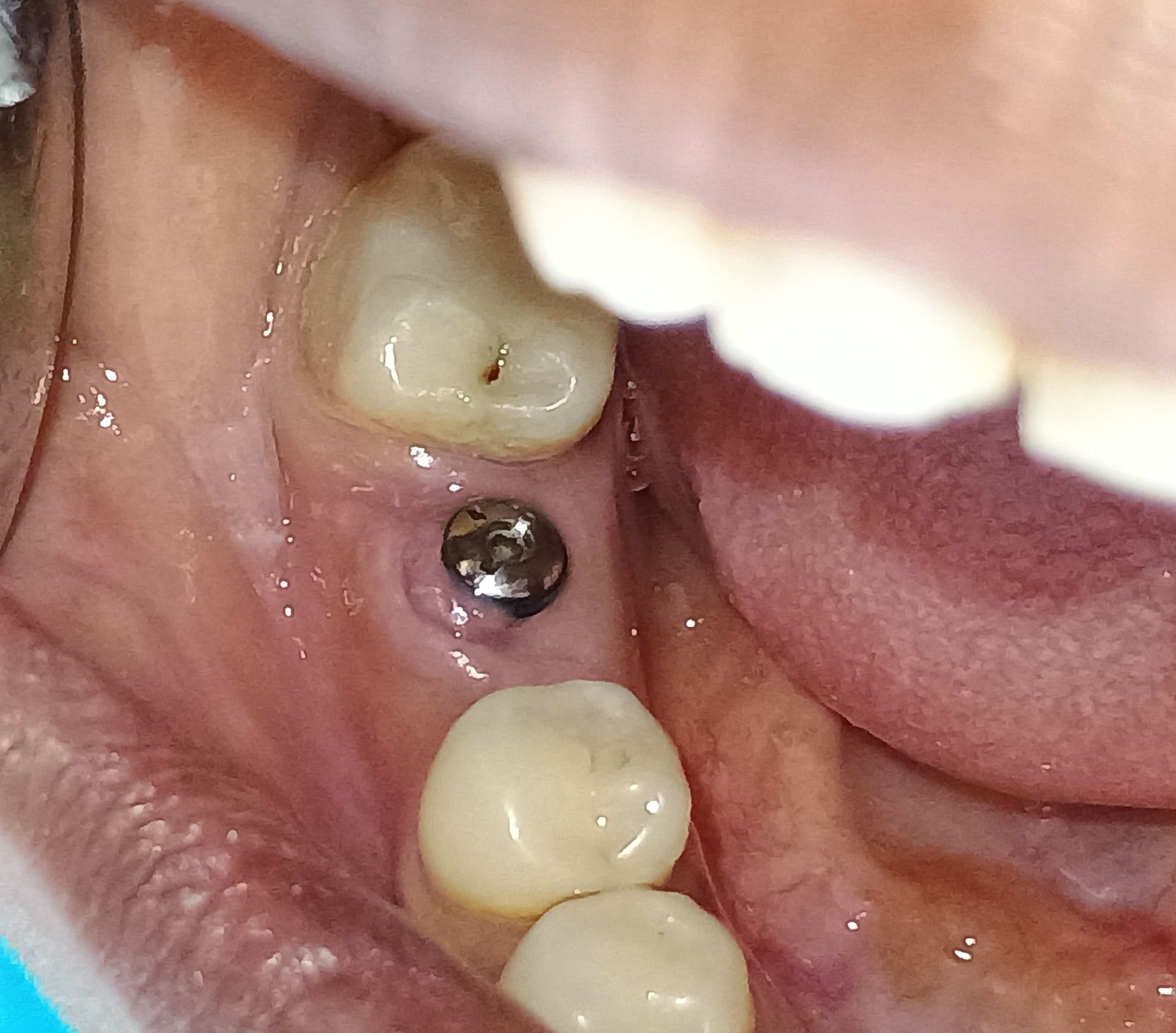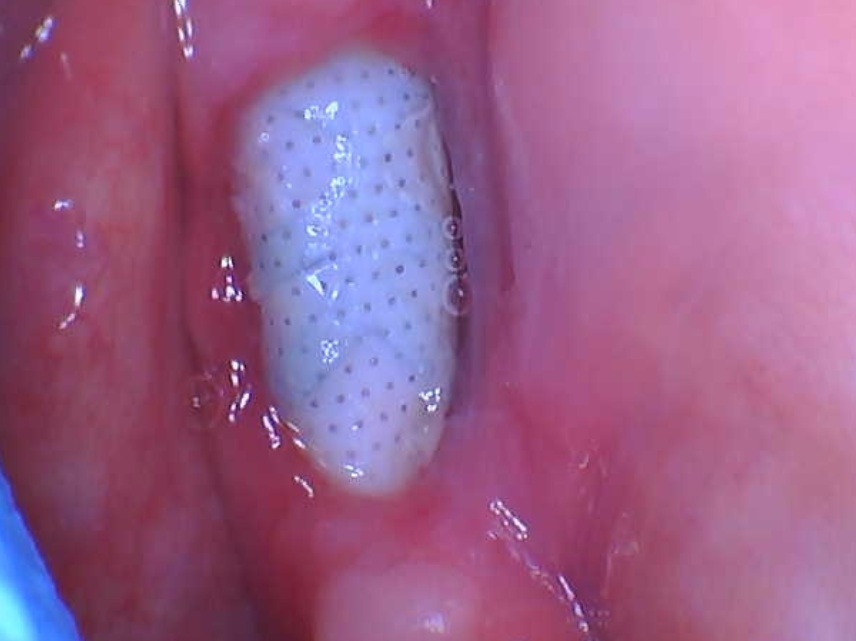Discussion Topic: Informed Consent
I’d like to open up a discussion topic on a non-technical aspect of dental implant care, namely informed consent. How do other doctors here handle informed consent for implant placement and site development? How much do you discuss with the patient? Has anybody been taken to the state dental board or court over informed consent? Are there standard forms do you use and/or does your insurance carrier provide consent forms? For general dentists, who are involved with implants, do you inform your patients that they can be referred to periodontists and oral surgeons for treatment?
10 Comments on Discussion Topic: Informed Consent
New comments are currently closed for this post.
VR
8/18/2015
You should have a fully disclosing informed consent just like any other procedure. It should say that you have discussed tx, risks and benefits and alternative treatments. If refused, you should have a refusal of tx form (for ANY treatment), so patients know they are taking full responsibility for their actions.
You should not need to tell patients about prostho or os as you would not do so with any other treatments within your purvue: If you are fully trained and certified and comfortable with procedures within your realm of tx, you should be ok.
IRWE
8/18/2015
I use the ICOI Implant consent form but I also "customize" it for each individual patient.
There is a sentence concerning alternative treatments. I write above it all other options discussed (No Tx, Refer to Specialist, Bridge, Removeable Denture, etc.)
There is a line about choice of anesthetic. I usually write in local anesthetic.
I also draw out the treatment sequence (ie. 1. missing anatomical space with sinus, nerves, etc
2. Placement of implant, 3. Restoration I also include time lines and other materials (ie. donated bone)
I then have the patient redraw the entire treatment sequence on the back of the consent form and sign it.
I bet very few dentists take the time to do this but if I was ever in front of a judge or jury regarding an implant case they would see that I had taken extra lengths to ensure the patient had an understanding of the procedure and the risks and benefits.
Dr Dave
8/18/2015
http://www.drotterholt.com/downloads.html <-- Great generic forms, tweak away.
Patients give you so much respect when you tell them you're not a specialist and that they're more than welcome to be referred. 90+% of the time they want to stay with you because they trust you and your team (even more with your transparency), enjoy streamline scheduling, and I tell my patients I'll gladly give them a discount because I'm fairly new to placing implants. They know the benefits of guided surgery and are usually very willing to take that route for an added cost (so am I, CBCT +/- Essix surgical guide at minimum). Don't EVER skimp on consents, post-op forms, notes, or verbal consent. It only takes on bad apple to bring you down, unless you've got yourself covered. They have tons of educational videos for your patients to show on the computer or tablet I'd just pop that on and go over questions so they get a good visual plus you can let your tx coordinator use it and usually integrate those into your website and drive more traffic.
Scott R. Hall, DDS
8/18/2015
I have employed informed consent throughout my thirty plus years practicing as a periodontist. I have never been sued but I also believe that a skilled attorney could overcome informed consent. I also believe that once an attorney sees evidence of informed consent and complete records, he will refuse to bring a case against you. I heartily endorse the practice of informed consent not just as a prevention from being sued but because it is the right thing to do.
PeterFairbairn
8/19/2015
Before signing is it not best to let the patient have a "cooling off" period to ensure they understand and can ask further questions and get other opinions ?
Or a lawyer may assume the consent was pressured ..
mpedds
8/19/2015
No matter what anyone tells you about informed consent it is only when you have to appear in court and see how this plays out that you really learn how this works. Having been on the stand several times for professional liability cases I can tell you that what really matters is what is in the patient's chart/record. We realize, and the court does too, that people don't always remember clearly what was said or done weeks or months after treatment. If you have a written consent signed by the patient this is strong defense for you. Believe it or not, what is equally or more important is what you write in the patient record. If you document what you discuss with a patient on the day you spoke to them the court will judge based on this.
mpedds
8/19/2015
One more bit of advice. Make sure you take the time to write clearly in the patient record. Nothing can make you look or feel more foolish than being in a court of law with the judge and jury looking at you while you read the record aloud to the court. In every case you will be asked to read all your entries aloud. All of the abbreviations and incomplete sentences that we become accustomed to writing must be clear. There is a saying "If is isn't written in the record, it didn't happen".
KJ
8/20/2015
You should always put in the chart that the patient is a smoker or former heavy smoker and uses alcohol. Almost always there is some truth to it, at least enough to make the patient look bad. Patients also often deny they knew they were signing away on everything making them look worse when the judge see's their signature, leave plenty of space on the form to add additional facts as needed. Very rare that a patient can win, always appeal anything that goes against you.
Ann
10/4/2015
"You should always put in the chart that the patient is a smoker or former heavy smoker and uses alcohol. Almost always there is some truth to it, at least enough to make the patient look bad."
I hope you aren't advocating falsifying medical records of the patients for whom those are not accurate statements!
Raul Mena
8/25/2015
By the way before performing Implant procedure in the mandible check for paresthesia.
The patient may blame you for previous condition.














